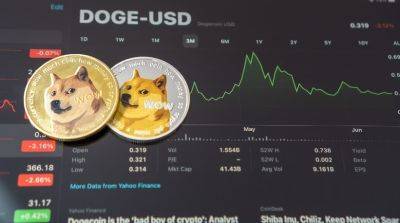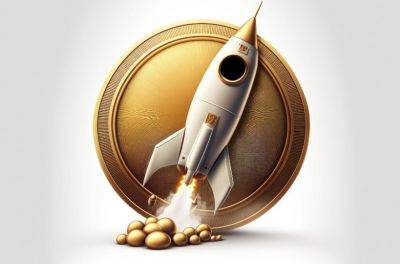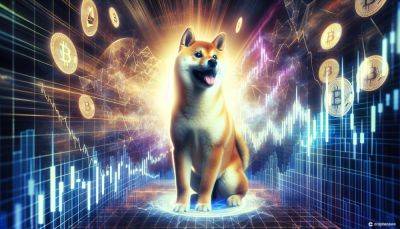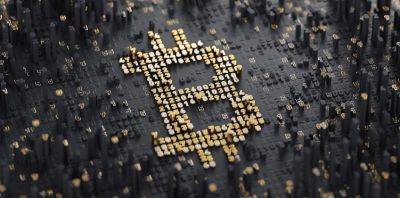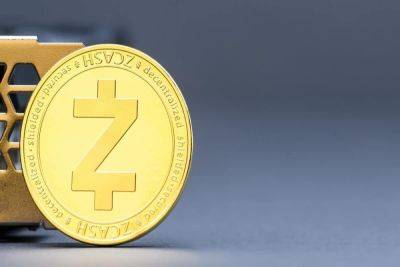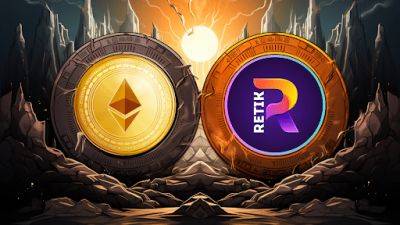How can NFTs help farmers — from production to distribution?
Nonfungible tokens (NFTs) have traditionally been associated with digital art, profile pictures and other digital collectibles. Capable of preserving uniqueness, these tokens are still popular, but there is another type of NFTs that goes one step further — NFTs. They offer tangible and real-world benefits to holders.
Utility NFTs offer immediate value upon purchase by granting access to certain privileges or exclusive experiences. For example, they can unlock premium content, provide memberships, or allow holders to redeem rewards or items.
The value of the utility NFT most often derives from the value of the real-world item or experience it represents. However, it can also have intrinsic value based on rarity and popularity.
Technically, utility NFTs are no different than regular NFTs — they leverage blockchain technology to ensure uniqueness, ownership and authenticity. The only difference is that they are directly linked to specific items or experiences. They are minted on decentralized networks using smart contract standards explicitly developed for NFTs.
Utility NFTs are industry-agnostic, meaning they do not specialize in a specific industry and can transform many sectors and experiences, from gaming and fashion to live concerts and real estate. While it may be surprising, agriculture can also integrate these NFTs for various use cases to bring efficiency and transparency.
NFTs can revolutionize the agricultural industry by providing a more transparent, efficient, and secure way to manage the supply chain. They, like digital crop certificates, can track ownership and authenticity throughout the supply chain, from farm to consumer, and can be used to digitize and manage physical assets relating to crops, livestock, and
Read more on cointelegraph.com








